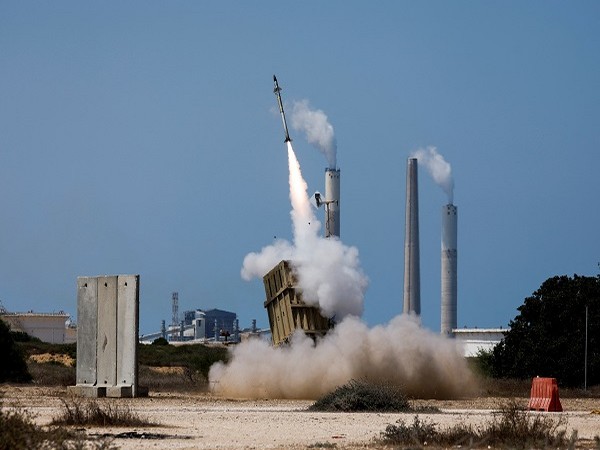India’s burgeoning private space sector achieved a significant milestone today as Agnikul Cosmos, a Chennai start-up, test-fired its rocket named Agnibaan SOrTeD (Suborbital Tech Demonstrator). The rocket, powered by an engine that the Indian Space Research Organisation (ISRO) is still perfecting, was launched at 7.15 am from Sriharikota.
ISRO chairman Mr S Somanath confirmed the success of the launch, heralding it as a major achievement. “Congratulations @AgnikulCosmos for the successful launch of the Agnibaan SoRTed-01 mission from their launch pad. A major milestone, as the first-ever controlled flight of a semi-cryogenic liquid engine realized through additive manufacturing,” ISRO announced.
The launch marked several firsts for India’s private space industry. It demonstrated India’s first launch from a private launchpad, situated at Sriharikota and named Dhanush. Additionally, it showcased the country’s maiden semi-cryogenic engine-powered rocket launch. Notably, the rocket was propelled by the world’s first single-piece 3D-printed engine, marking a significant technological advancement.
“Humbled to announce the successful completion of our first flight – Mission 01 of Agnibaan SOrTeD – from our own and India’s first & only private Launchpad within SDSC-SHAR at Sriharikota. All the mission objectives of this controlled vertical ascent flight were met and performance was nominal. The vehicle was completely designed in-house and was powered by the world’s first single piece 3d printed engine and also happens to be India’s first flight with a semi cryo engine,” Agnikul said in a statement.
This successful launch comes after four previous attempts were aborted due to technical glitches, underscoring the perseverance of the young team of engineers at Agnikul. The rocket, weighing 575 kg and measuring 6.2 meters in length, lifted off from Sriharikota and plunged into the Bay of Bengal.
The Agnibaan SOrTeD rocket is propelled by a semi-cryogenic engine utilizing commercially available aviation turbine fuel and medical-grade liquid oxygen. This marks a departure from ISRO’s conventional rocket engines and demonstrates the efficacy of additive manufacturing technology.
Agnikul’s successful test flight is a testament to India’s growing prowess in space technology and highlights the potential of the country’s private space industry. As the company aims to undertake launch on demand and transport satellites into space, it is poised to play a significant role in India’s space exploration endeavors.
With an investment of 40 million dollars and a young, dynamic team of 250 members, Agnikul Cosmos is poised to revolutionize the space industry, positioning India as a hub for small satellite launches.
Through groundbreaking initiatives like Agnibaan SOrTeD, India’s private space sector is set to carve out a niche in the global space arena, driving innovation and pushing the boundaries of space exploration.





















